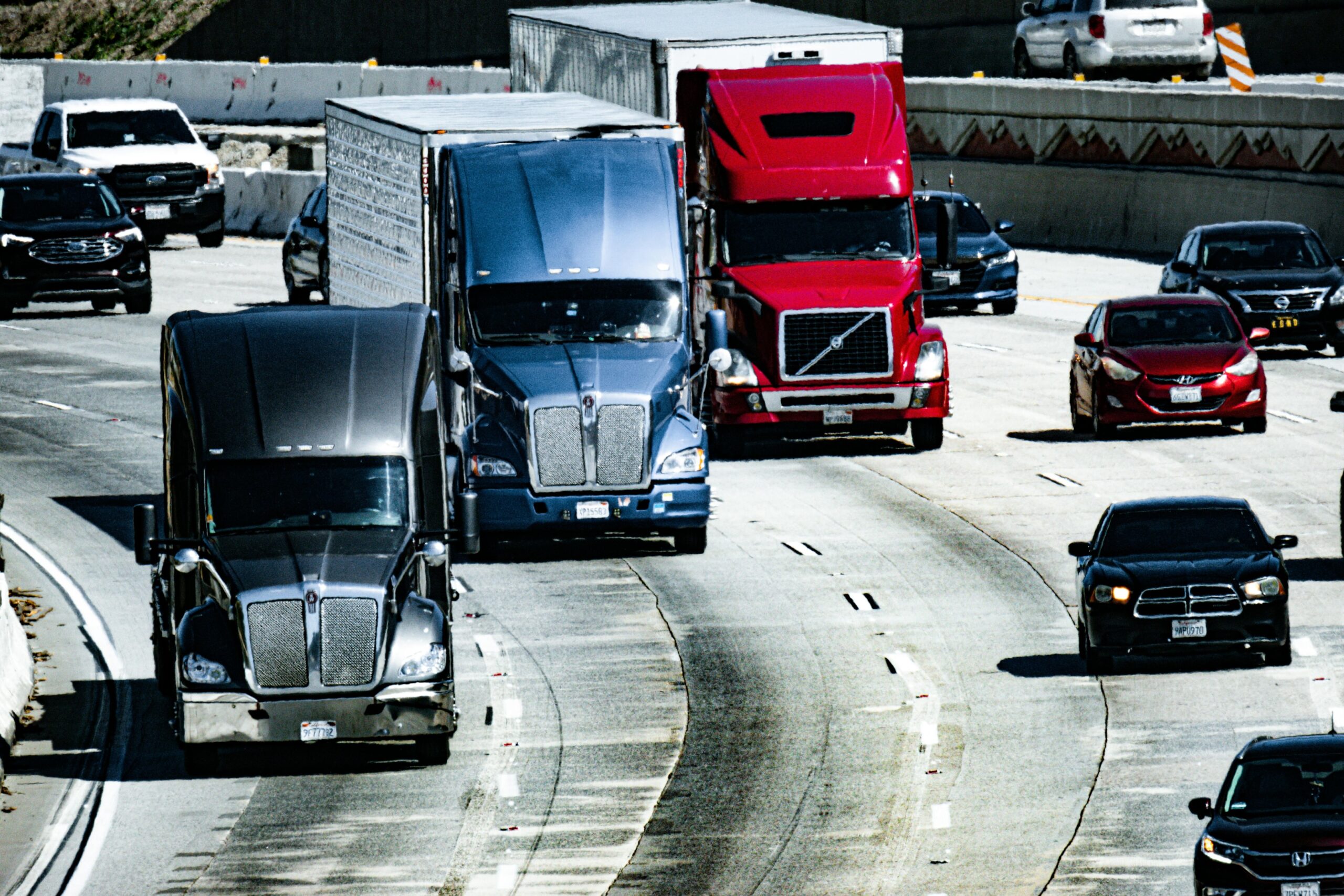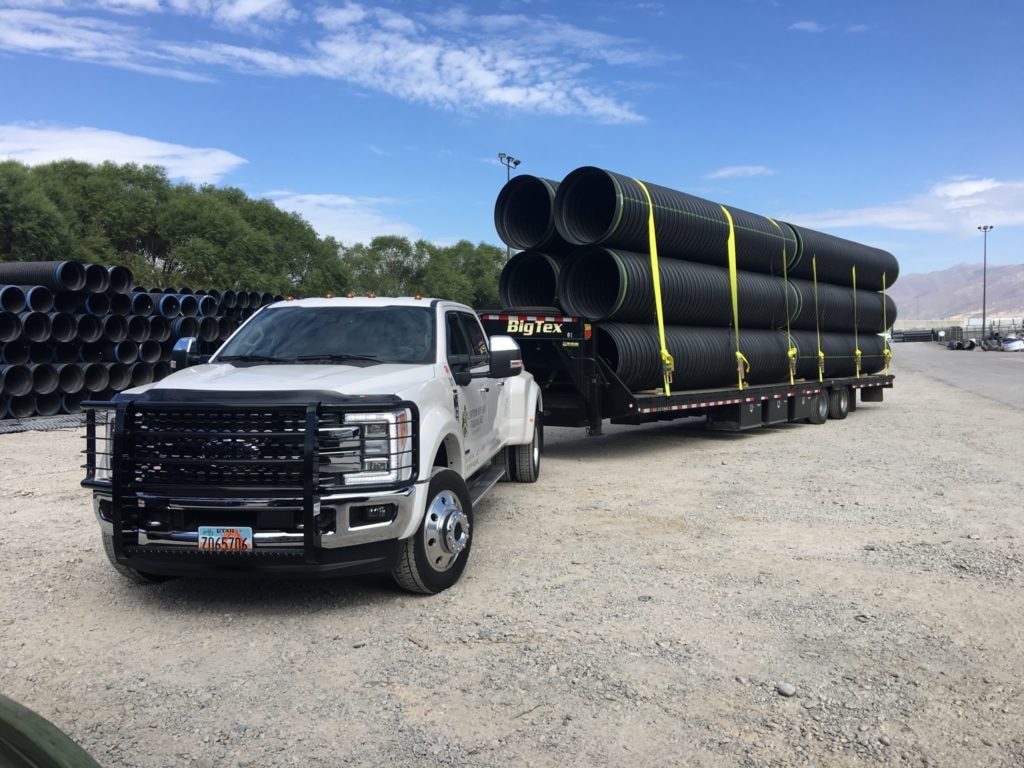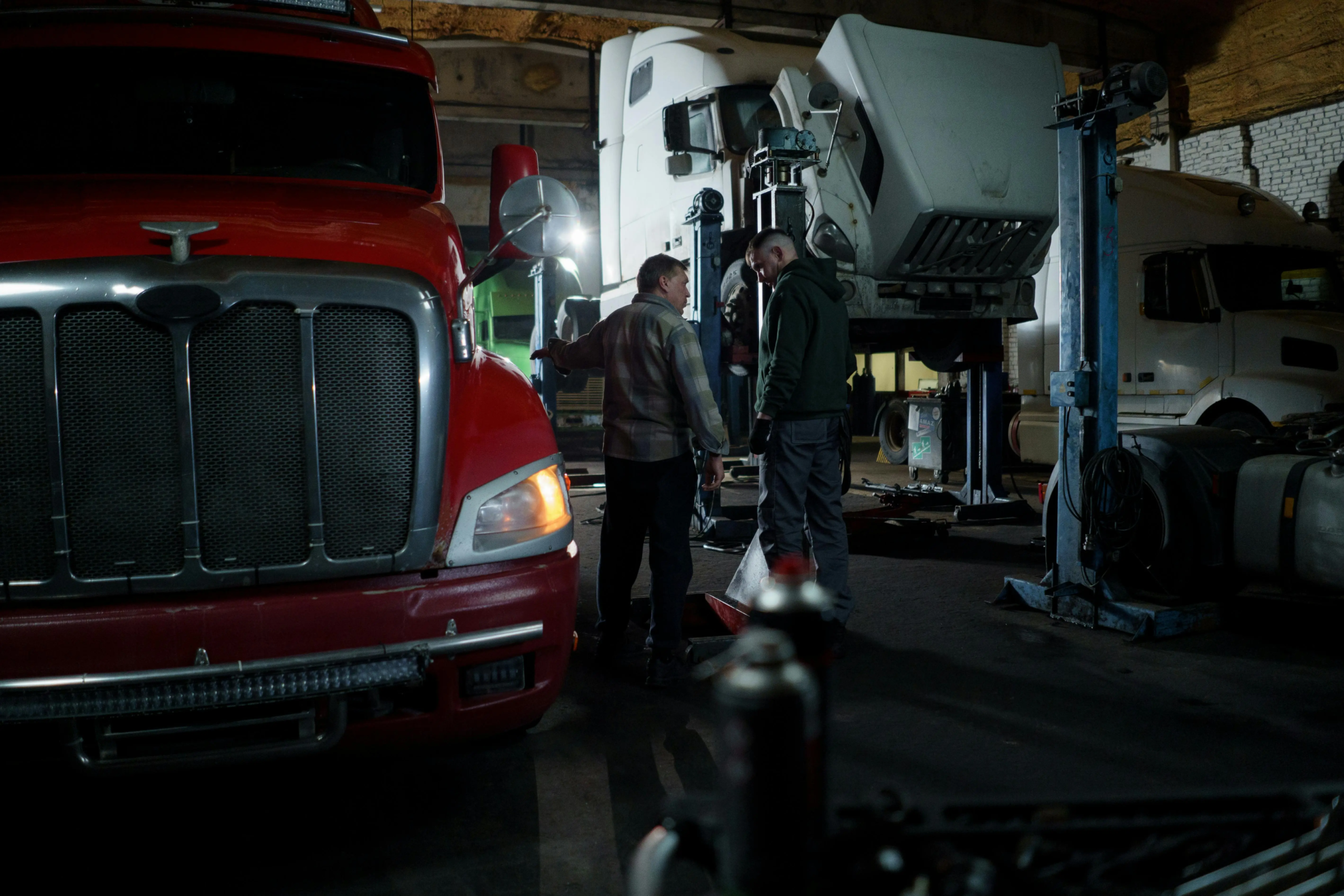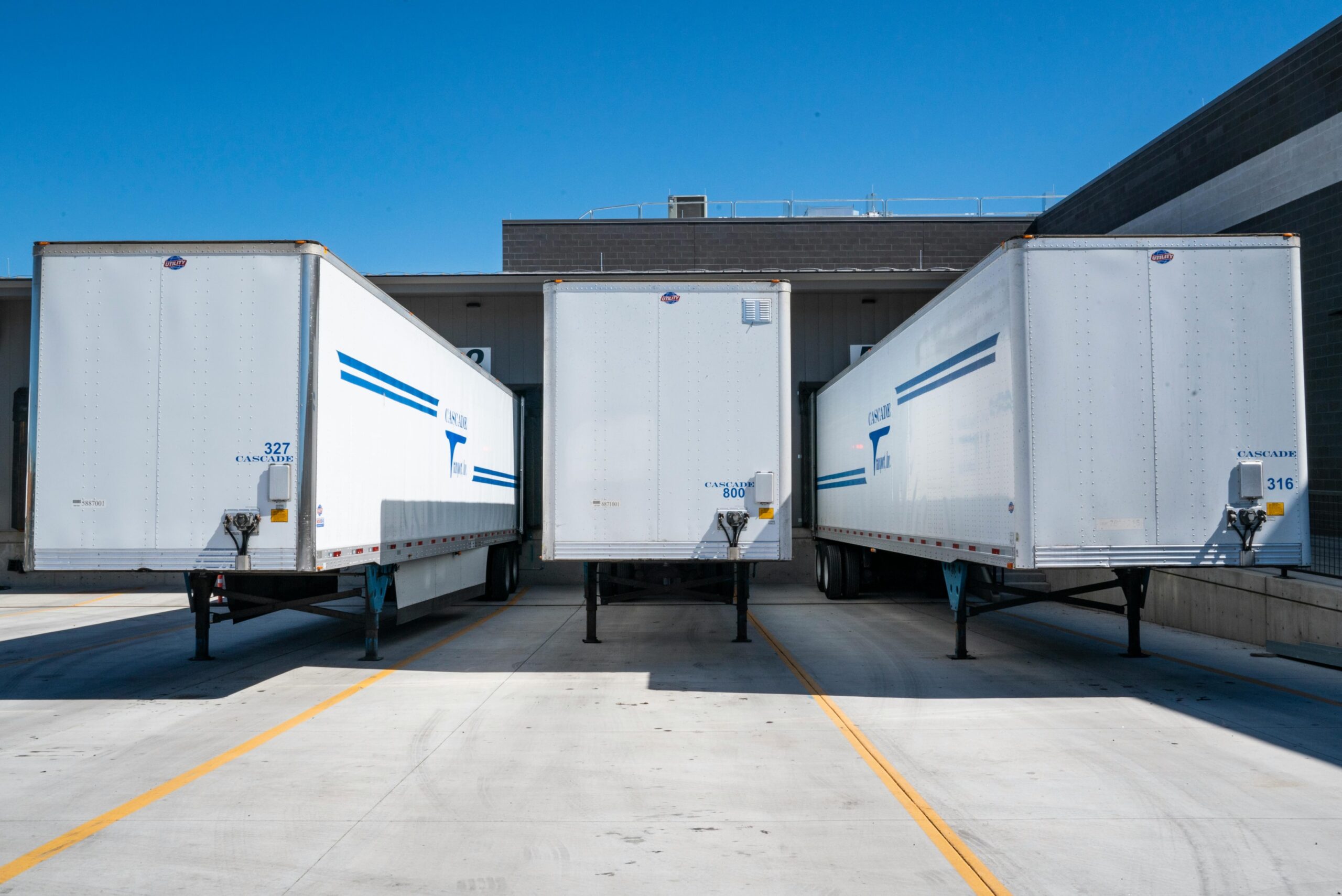Trucking Industry News - Page 2

Trucking Compliance Checklist for 2026
U.S. interstate carriers, owner-operators, and small fleets. Who this checklist is for If you: …this checklist applies to you. It focuses on federal rules plus the most common state programs that can stop your trucks if you miss a date. 1. Registrations & Annual Credentials 1.1 Unified Carrier Registration (UCR) – 2026 Who needs it […]

What to Do While Waiting for Your MC
Establishing a trucking business is challenging, given the industry’s regulatory landscape.

Mastering Freight Rates: A Truck Driver’s Guide to Better Earnings
Navigating the trucking industry can be challenging, especially for newcomer drivers.

Questions to Ask Yourself Before Becoming a Truck Driver
The trucking industry can seem a prospective and rewarding career with unique opportunities.

Health and Wellness Tips for Truck Drivers
Truck driving can be a rewarding career, offering the opportunity to explore the open road and obtain a stable income.

How to Find Loads as an Owner-Operator
The world of trucking can offer freedom and opportunity for individuals who are ready to embrace its challenges.

A Guide to Hotshot Trucking
The hotshot trucking sector can be a gateway for newcomers to the trucking industry.

Factors That Influence Truck Driver Pay
The trucking industry can offer a promising career with stable employment and a competitive salary.

Roadside Inspection Tips Every Truck Driver Should Know
Roadside inspections are a routine part of ensuring commercial drivers’ legal compliance.

Top Grants to Start a Trucking Company
Starting a trucking business can be an exciting and profitable venture, but it comes with significant upfront costs.
